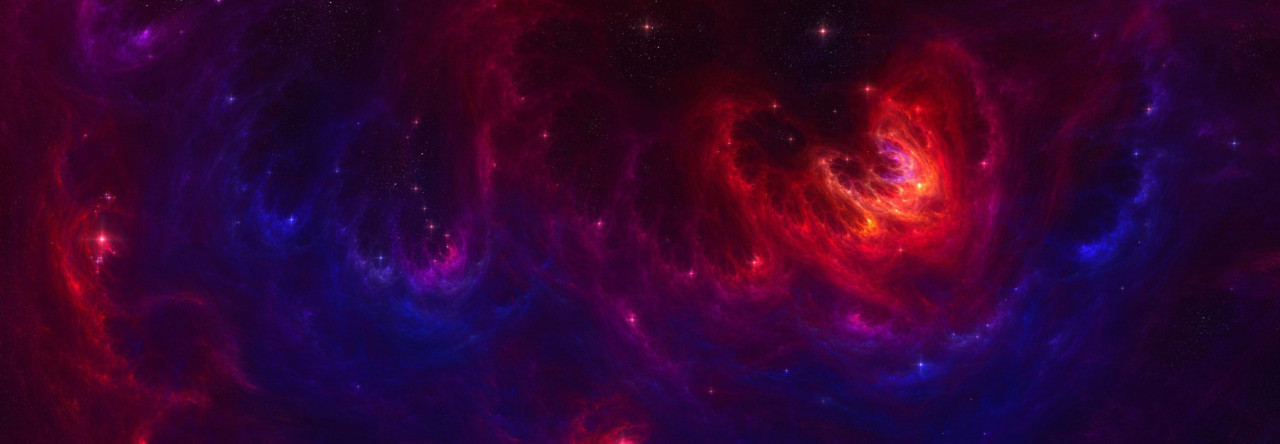I’m a gothic/gothabilly-looking femme drag queen.
Let me explain.
I add gothic/gothabilly-looking into my gender identity, because it dictates how my gender is expressed. If I was punk or lolita or more mainstream my gender would be expressed in a much different way. As it is, I’m beginning to adopt some things which are a little unusual for the gothic/gothabilly image, but I’m not a stickler to it either, and I’m not a stickler to my gender either.
I believe my gender is fluid. When I put a label on it, “femme drag queen,” I use that as at once slightly ambiguous as well as solid. I don’t believe it is really either. I can also identify as “trans” or “queer” as my gender, although I prefer “femme drag queen.”
It has taken me a long time to get to this identity. I was kind of oblivious for a long time, just kind of doing whatever, and rather feminine, but also not, and for many years I would only mostly play male characters in plays. I felt masculine, part of me feels more male than female, though I know and love the fact that I have a cunt, and this is partially where the drag queen identity comes in, though not only. I was rather femmish butch in high school, but mostly butch. I shaved my head, I was rather punkish, I felt rather masculine, though I also wore skirts. I had a friend’s father think I was a boy in a dress instead of a woman with a shaved head at one point, and I think it’s almost more accurate. I was kind of affronted at the time, but now I look back and I smile.
I recognize the fact that all gender is drag. “Woman is to copy as copy is to copy.” There is no “natural” or “innate” or “perfect” gender. All gender is a performance of gender, all gender expression is unnatural, all gender expression is fake, is a copy, is drag. And I love it. This is also partially where my gender identification of “drag queen” comes in.
Femininity as experienced by lesbians vs. bi/pan/omni-sexual females or males vs. straight females or males vs. gay males vs. any other sex (biological bodies) and sexual (who you sleep with) identities is extremely different for each group. The femininity which I can attain as an omnisexual female is not the same as the femninity which an omnisexual male or a gay male could attain. However, the femininity I identify with is that of omnisexual or gay males. The femininity I identify with is that of drag queens, both in subdued and extreme forms. The femininity I feel like I desire is a trans or queer femininity.
I am constantly performing my gender, and I love my gender, but it’s not something easily identified by those outside of myself. This isn’t a bad thing, I think, as on one hand it allows me to get closer to those who view me as typically feminine, and it allows me to shake up the ideas of it, though I don’t do that as often as I’d like, but I also do.
I’ve been told that I had a huge influence in my high school. My radical behavior influenced others to go do what they wanted and look the way they wanted and claim queer identities if they wanted. I’ve been told I’ve had a huge influence on my friends, one of which told me that she started wearing different clothing, clothing that she has always wanted to but never had the guts to, once we became friends and she watched me. She noticed me wearing whatever I wanted, wearing anything that I wanted, not caring about what others thought, and because of that she began to wear the clothing that she had previously been to self-conscious to wear. I know I have influence on people, and that simply by being me I can influence others (and I’m not meaning to sound pompous or pretentious or something, this is seriously what I’ve been told). It took me aback when I was told these things, but I’m glad I was told.
Not many people really get my gender at first mention of it, and a lot of people think that it’s something which is not challenging behaviors or thoughts, but the thing is it doesn’t matter as much to me what I’m challenging in others, though it does matter to an extent, but mostly I just want to be me.
